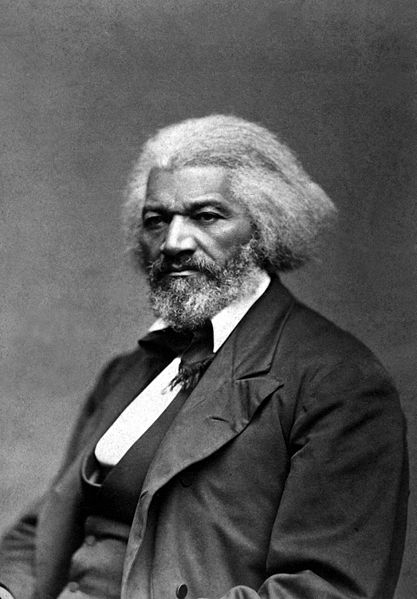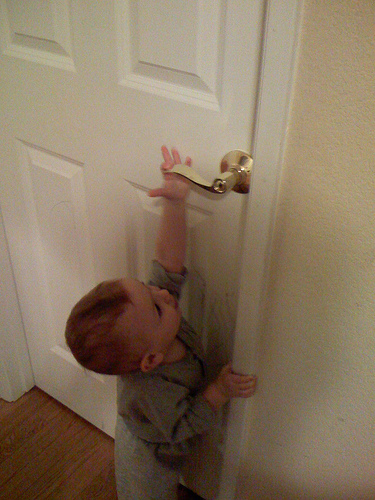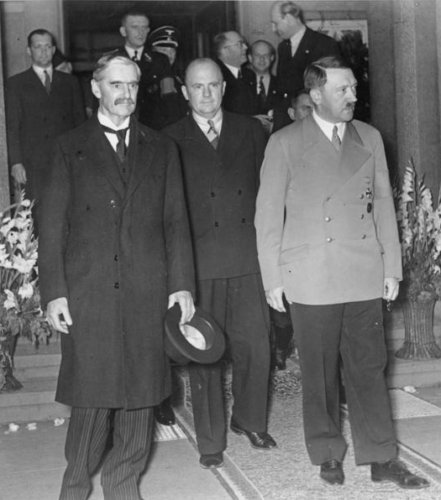I’ve never seen a monument erected to a pessimist. – Paul Harvey

75 years ago, rocketry was in it’s infantcy, and the thought of one of them going to the moon was science fiction. Starting very soon, Virgin Galactic will take you into suborbital flights for only $200K. Don’t be pessimistic you didn’t make it as an astronaut, pretty soon, everyone who can save up will be able to go!
What does that mean?
Have you ever heard someone introduced as “the world famous pessimist…” or anything similar? Nope, me neither. People are generally introduced as being upbeat, positive, or enthusiastic.
To me, this is the general meaning behind this quote. People erect monuments and remember the people who were great. The people who are remembered as great tend to be the people who faced great odds, and yet managed to survive or succeed despite the situation.
Pessimists, faced with that situation, usually just fold up, give up, or run away. They are generally not even remembered as having existed or having been there. Their only chance at fame is actually infamy, if they were the leader of the side that lost, or the group that failed.
While most of us aren’t striving for a monument to be erected in our honor, we should (I hope) be willing to live the kind of lives that might cause someone to be willing to honor you and your name, should the occasion arise.
Why is having a positive mental attitude important? Continue reading














